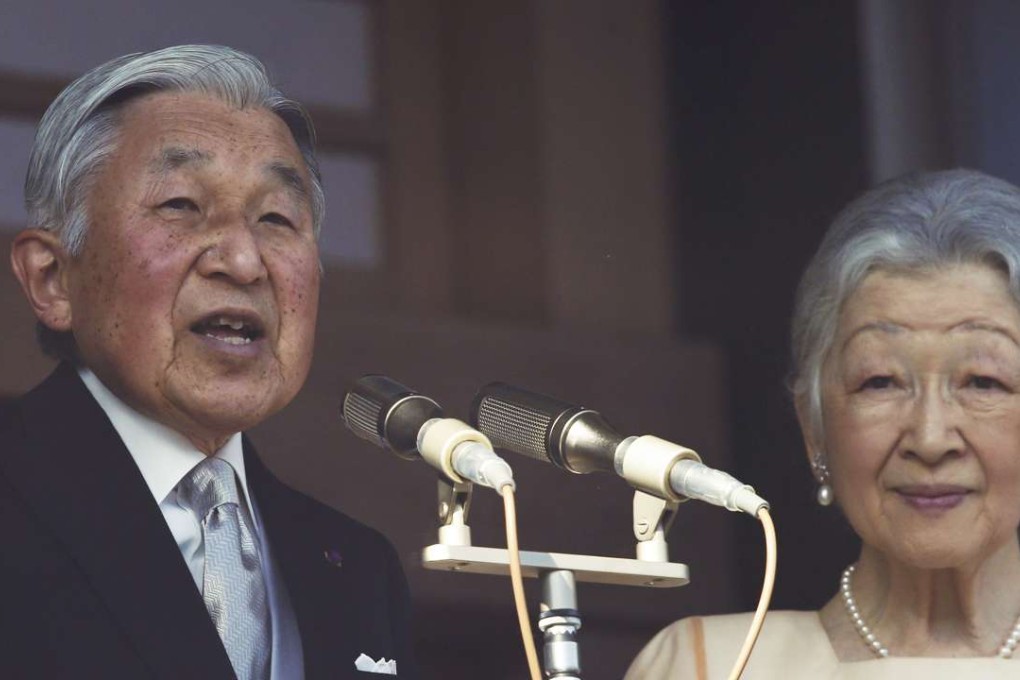The real reason Japan’s emperor wants to abdicate
At 82, Emperor Akihito has hinted his failing health is behind the decision – but the move may also be aimed at thwarting the desire of the right to change the country’s pacifist constitution

During his reign, Japanese Emperor Akihito, now 82, has done unprecedented things. He has addressed his subjects by means of a television twice. He has married a “commoner”, Michiko. He has travelled abroad extensively. And he has publicly expressed “feeling a certain kinship” with Korea, by acknowledging blood ties that go back fifteen centuries with the former royal house of the nearby peninsula. Nobody occupying the Chrysanthemum Throne had ever been quite so humble and relatable.
Now, Akihito, Japan’s 125th emperor, is again making the country sit up and notice, as he pushes for permission to abdicate and live his remaining years with fewer official obligations. His health is frail, and he would like to step down as gracefully, and as slightly unconventionally, as he has reigned.
If the pope can retire, why can’t Japan’s ageing emperor?
“When I consider that my fitness level is gradually declining, I am worried that it may become difficult for me to carry out my duty as the symbol of the state with my whole being,” he said last week during his second ever televised address (the first was five years ago, a message of solidarity to Japan after the triple disaster that hit it in March 2011).
But more than health, is the move his way of pushing back against the growing clout of the right under Prime Minister Shinzo Abe’s Liberal Democratic Party – a group that would like to restore Japan’s pre-war constitution and return the emperor to god-like status?
